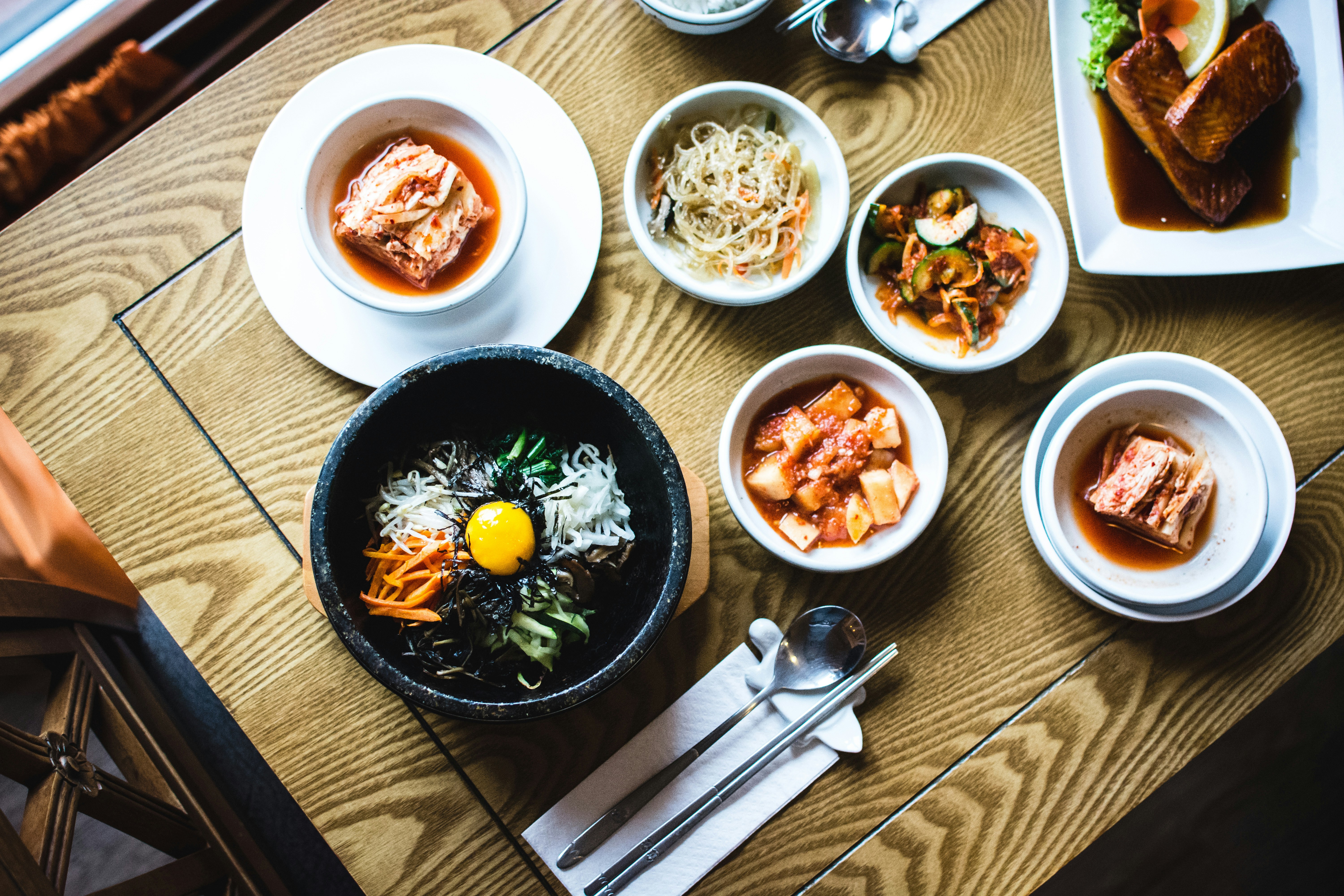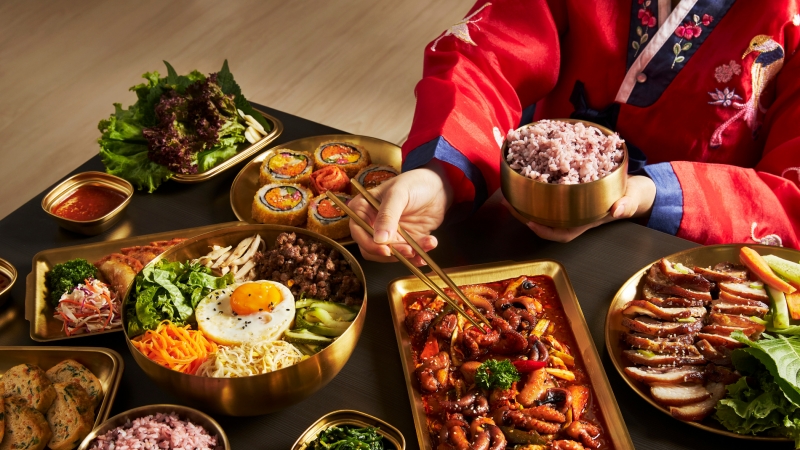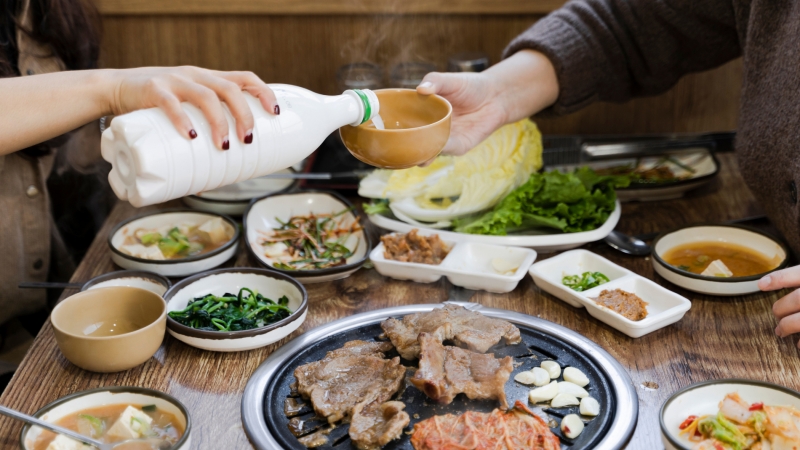In South Korea, the consumption of premium kimchi prepared by hotel chefs is increasing at a rapid pace, demonstrating a growing culinary trend that prioritizes quality and refined flavors. Simultaneously, the demand for packaged kimchi, a convenient product for busy consumers, is also steadily rising.
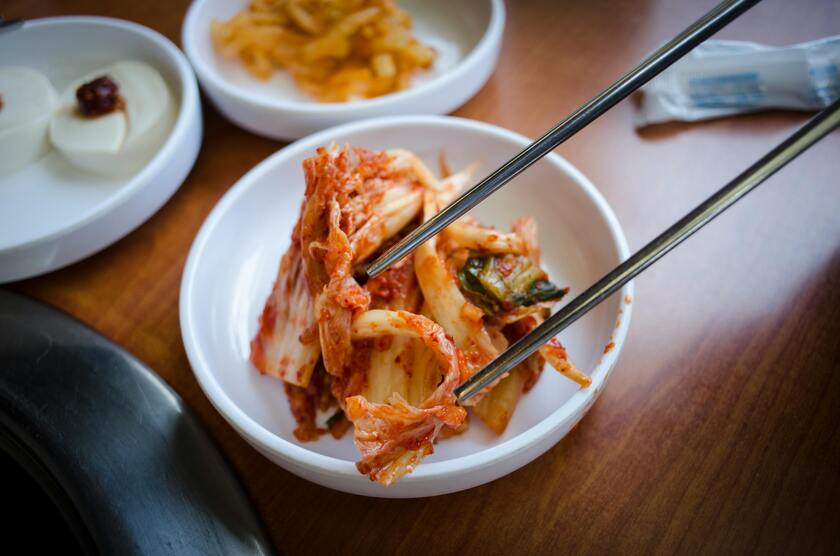
Consumption of premium kimchi prepared by hotel chefs is increasing at a rapid pace.
Recently, Walkerhill Hotels & Resorts' premium kimchi has seen high sales. With a rigorous production process, using fresh ingredients and natural spices, Supex has won over even the most discerning palates. Not only is it popular in Korea, but it's also exported to many countries worldwide, contributing to promoting the image of Korean cuisine to the international community. Supex's success stems not only from product quality but also from an effective marketing strategy focused on building a high-end and luxurious brand image.
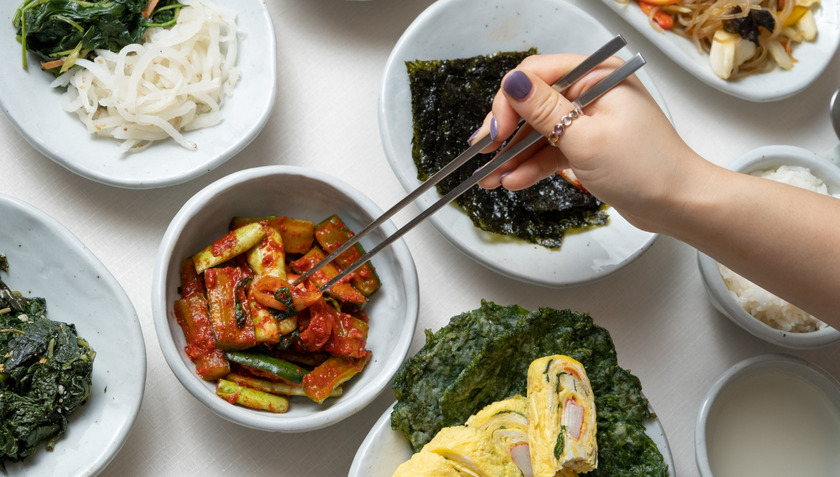
Kimchi, a humble dish once associated with Korean family meals, has now truly been elevated to a high-end delicacy on the menus of luxury hotels.
Representatives from Walkerhill Hotels & Resorts stated that sales of Supex Kimchi, a premium kimchi offered by the hotel at 28,000 won per kilogram, increased by 42.2% year-on-year in 2023. Meanwhile, Walkerhill Hotel Kimchi, a more affordable option, also saw a surge in sales of 109.9%, according to The Korea Times.
Similarly, Josun Hotels & Resorts also sells premium kimchi at 28,000 won/kg and saw a 10% increase in revenue compared to the same period in 2023. Lotte Hotels & Resorts, which started selling kimchi in August 2023, witnessed a 50% surge in kimchi sales.
Premium kimchi is not just a dish, but a symbol of sophistication and class in Korean cuisine. Made from the finest ingredients and undergoing a meticulous and complex production process, premium kimchi offers a unique flavor that is hard to find in ordinary products.
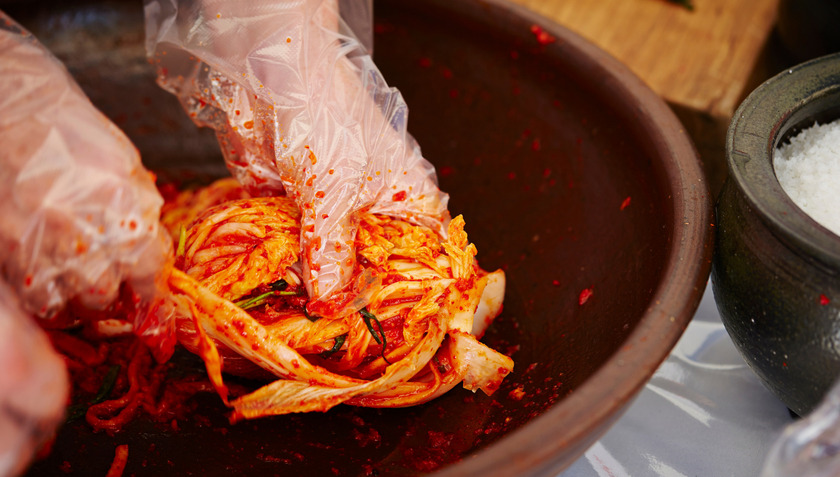
With their boundless creativity, top chefs have transformed this traditional dish into culinary works of art.
Despite the significantly higher price, Korean consumers are not hesitant to spend money on this dish because of the consumer trend favoring high-quality, domestically sourced ingredients, where price increases are not a concern. For them, premium kimchi is not just a simple dish but also a cultural experience, a way to showcase their culinary sophistication and aesthetic taste. Choosing premium kimchi also demonstrates a concern for local, high-quality, and safe products.
Over the past three years, the percentage of South Koreans buying packaged kimchi instead of making it themselves has tripled. From the hotel industry's perspective, the kimchi business has low input costs because they can utilize staff and cooking facilities from their existing food and beverage operations. "Hotel kimchi seems to have won the trust of consumers," said one hotel industry leader.
However, this boom is facing a major challenge as the prices of kimchi ingredients, from Napa cabbage to spices like chili powder, are soaring. The main reason is the climate crisis, with extreme weather changes leading to erratic harvests, reduced supply, and increased production costs. This not only affects the kimchi industry but also poses a difficult problem for traditional Korean cuisine.
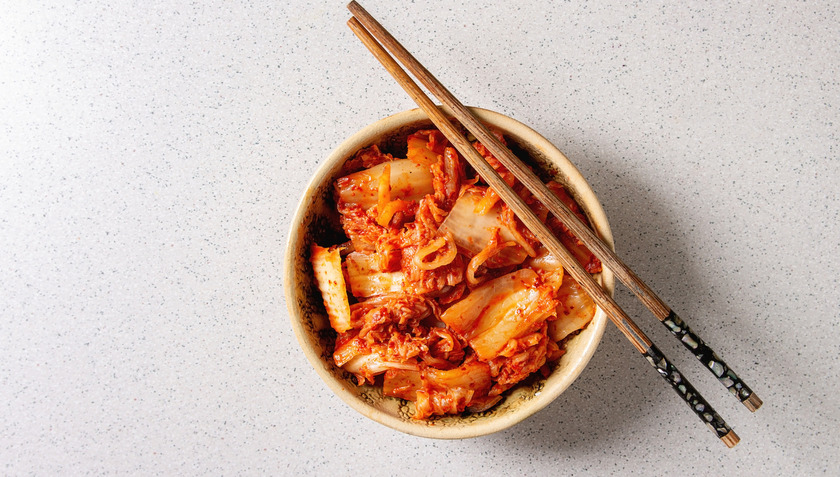

 VI
VI EN
EN



